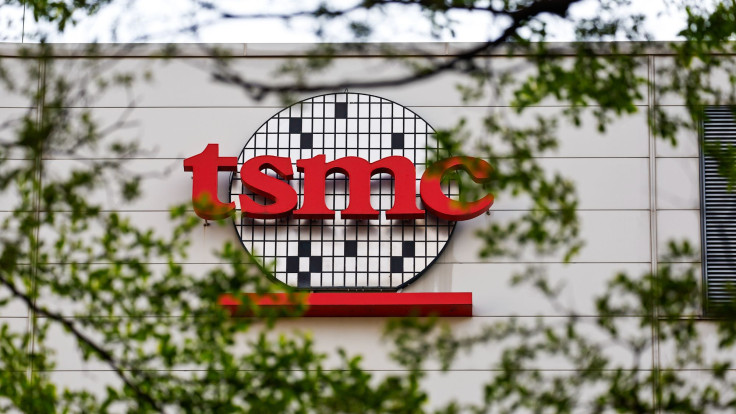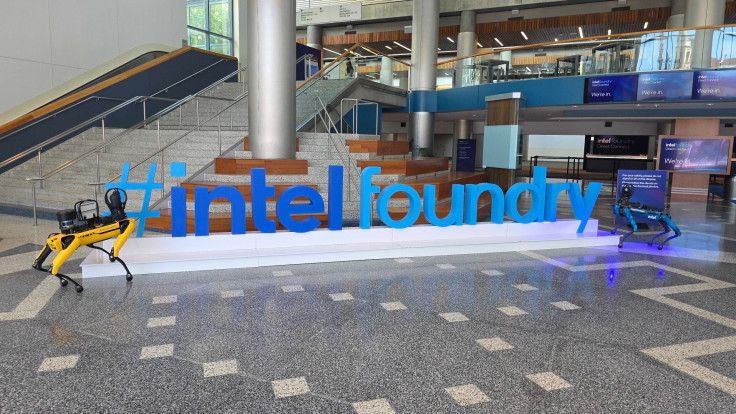Ex-TSMC Executive Allegedly Takes 2nm Data to Intel: Faces Security Storm
Ex-TSMC executive under probe for allegedly taking 2nm data to Intel.

The semiconductor industry is facing a potential security and intellectual property challenge following reports that a former TSMC executive may have taken sensitive 2nm process data to Intel. The incident has prompted legal scrutiny in Taiwan and raised global concerns over the protection of proprietary technology in one of the world's most competitive sectors.
Background on TSMC and the 2nm Process
TSMC is a global leader in semiconductor manufacturing, producing chips for a wide range of technology companies. Its 2nm process represents one of the most advanced stages of chip fabrication and is considered highly confidential. The development of these nodes involves years of research, cutting-edge equipment, and proprietary techniques that give TSMC a competitive edge.
The company's advancements in sub-2nm technology have attracted significant attention from industry rivals. Control over these developments is critical because it directly influences the performance and efficiency of the next generation of processors.
TSMC's innovation pipeline has long been a benchmark for the semiconductor sector, and the alleged transfer of technical knowledge to another company could disrupt the balance of competition.
TSMC has security protocols designed to prevent unauthorised sharing of trade secrets. The company enforces strict access controls and confidentiality agreements for all executives and engineers involved in sensitive projects. Any breach can have far-reaching consequences, not only for TSMC but for the broader semiconductor ecosystem and global technology supply chains.
The Alleged Transfer and Legal Scrutiny
Wei-Jen Lo, TSMC's retired Senior VP of Corporate Strategy and Development, has reportedly decided to join Intel as Executive VP overseeing its wafer manufacturing group despite non-compete clauses, prompting TSMC to consider suing under trade secrets laws.$INTC | $TSM pic.twitter.com/6gtM03LvtP
— Armored Algo (@ArmoredAlgo) November 18, 2025
Reports indicate that the former executive joined Intel after leaving TSMC, allegedly bringing technical documents related to the 2nm process. This move has prompted Taiwanese prosecutors to initiate a formal investigation, examining whether any violations of national security or corporate law occurred.
Intel has not disclosed specific details about the executive's role or whether the company obtained sensitive documents. The situation has raised questions about employee mobility in the semiconductor sector and the safeguards companies must maintain when recruiting talent from competitors. Analysts note that cross-company movement is common, but handling confidential information improperly can result in legal and reputational risks.
The case highlights a broader tension between talent acquisition and intellectual property protection. Technology companies compete intensely for skilled engineers who understand complex fabrication processes. At the same time, regulators are vigilant about potential transfers that could undermine national or corporate security, particularly in strategically important industries like semiconductors.
Industry Implications and Global Concerns

If the allegations are substantiated, the transfer of 2nm process data could have significant repercussions for both TSMC and Intel. Competitors might gain insights into TSMC's proprietary methodologies, potentially accelerating rival development efforts.
The impact would extend beyond individual companies, affecting chip availability, pricing. and technological leadership on a global scale. The situation also underscores the importance of robust legal frameworks and compliance measures in protecting critical industrial secrets.
International observers are monitoring how Taiwan addresses the case, recognising its potential to set precedents for handling intellectual property disputes in high-tech industries. Companies across the globe may reassess policies for safeguarding sensitive information when executives or engineers transition between competitors.
Analysts suggest that the semiconductor industry could face heightened scrutiny from governments and shareholders, emphasising accountability and transparency in internal controls.
The broader lesson for multinational corporations is the need for clear protocols regarding confidential material and the responsibilities of departing employees. Strengthening these measures is essential to maintaining competitive advantage and trust among partners and clients.
The alleged transfer of 2nm data by a former TSMC executive to Intel has captured international attention, sparking a formal investigation. The case highlights the critical importance of intellectual property protection, regulatory oversight, and the delicate balance between talent mobility and corporate security in the semiconductor industry.
As the investigation unfolds, companies and governments alike are watching closely, recognising that the outcome could influence industry practices, competitive dynamics, and the future of advanced semiconductor technology. The episode serves as a stark reminder of the value of proprietary knowledge and the responsibilities of those entrusted with it.
© Copyright IBTimes 2025. All rights reserved.





















